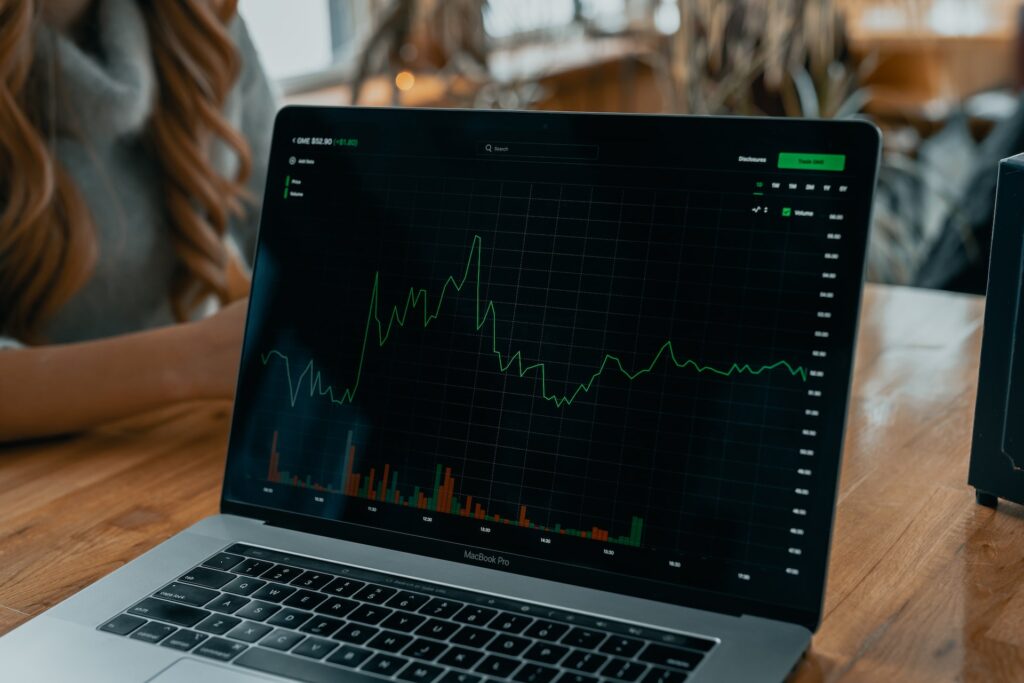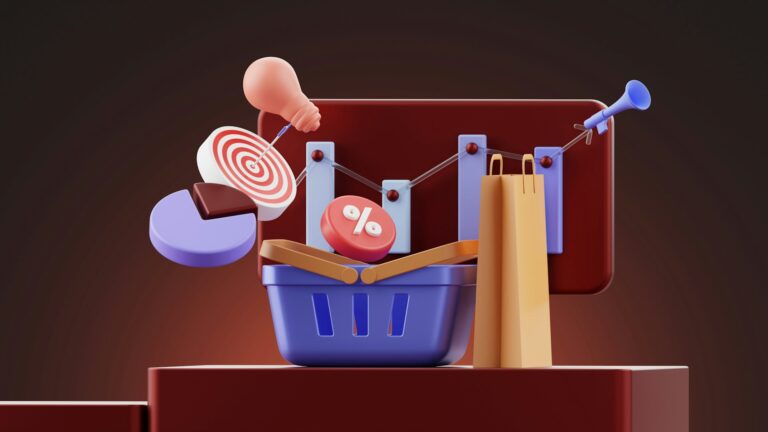
Knowing what to expect in business is half the battle. There are hundreds of potential business opportunities into whichyou can pour your money, time and resources. First, however, you want to follow a business plan that gives you personal pride and job satisfaction, and is in an area where your passion lies.
Due to several factors, you need to find the economic conditions specific to your business. For example, if you are starting a personal trainer business to service your friends and family, you don’t need to read data about the price of imports and exports into your country; it is irrelevant.
However, some variables apply across the board. Regardlessof the type of business you start, there are vital things to consider before spending time and effort establishing your brand. So, let’s look at some of these variables and how you can help your business thrive.
#1 – Inflation andinterest rates
Inflation and interest rates are two of the most critical economic indicators that substantially affectbusinesses and individuals. Although inflation is considered healthy when it is in a manageable range of 1.5 to 3%, if it accelerates over that, it is regarded as a serious issue.
Hyperinflation can eviscerate businesses and so can high inflation. Deflation is also bad news – you may not have heard of thisbefore, but what is deflation? Ensuring you know about deflation and how it could impact your business is vital, as is being familiar withthe other economic indicators.
A country’s central bank sets the interest rate. This affects consumer appetite, the rate of savings and some types of mortgage rates. If inflation and interest rates are at a suitable and constant level, this signifies that the economic conditions to open your business are favorable.
#2 – Economic growth rates
Another vital growth rate closely monitored by the central government and banks is the overall economic growth rate. Usually, a constant level of growth similar to an inflation rate of around 1.5-3% per annum is considered the optimum level.
However, if economic growth is higher than this, this isn’t considered a negative, whereas inflation would be. For instance, Guyana is experiencing Phenomenal economic growth due to oil discovery.
The GDP rate is one of the most vital indicators used to measure economic growth, and it can be used to compare the performance of different economies. If all the economic data highlights that your country is set for substantial growth over the next five to 10years, this would be a solid economic climate in which to begin your business venture.
#3 – Understand regulation andtaxation
If you are opening a restaurant as your business model, you want to understand the food standards regulations and any health and safety laws that affectyour business. These will vary depending on the country you are in, so it is crucial to check it out.
The same applies to taxation. Many different countries will have different rates of tax. For example, some countries will tax your business more stringently if you are successful, whereas others will have lower tax rates, sometimes to stimulate growth.
Theseare just a couple of examples and areaspectsan accountant can also assist you with. Ensuring you have a good knowledge of these variables is pivotal and is one component of an effective business model.
#4 – Assess the unemployment rate
If you want to start a sizeable business, you may needto employ a few staff. The unemployment rate is often an underlying factor in the overall health of an economy. It also highlights whether there is a pool of possible candidates to help you establish your business.
Alongside the other factors we have discussed, it can drive the economy in a positive or negative direction depending on which direction the unemployment ratemoves or is projected to move.
#5 – Follow the news
Depending on the sector in which you’re looking to open your business, staying up to date with the news is crucial. If you’re looking at starting a manufacturing business, for example, it is essential to keep an eye on the latest news and how it could impact your business model.
Other examples include keeping up to date with additional regulations such as Covid-19, health and safety and any changes in legislation that will directly impact you as a business owner. Staying up to date with any changes could affect your chances of success in getting ahead in business orenduring a negative business climate.



